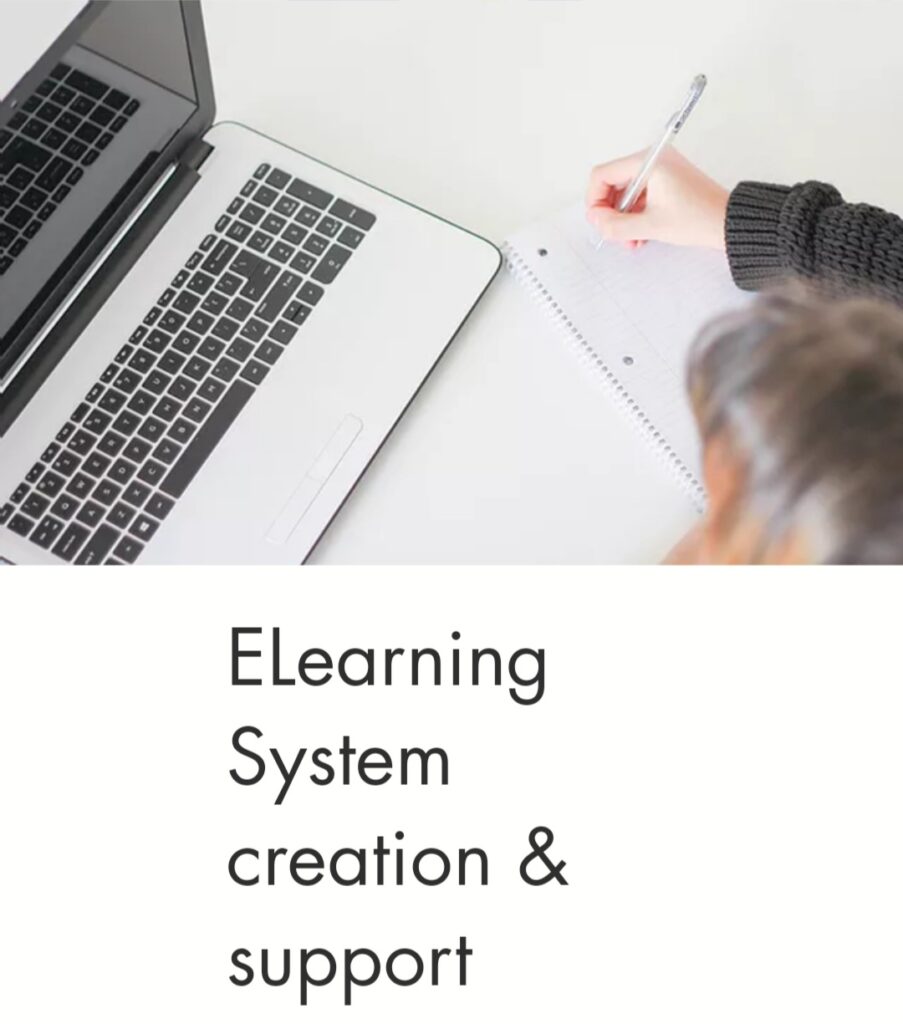Myanmar is rapidly transforming after decades of isolation. Following the changes in the political and economic environment, the country’s labor market is expanding. In order to keep up with the changing world, possessing digital and technical knowledge is a must. Miss Chit Aien Thu has been working relentlessly to bring progressive changes in this sector.
The idea behind CC EDUCARE:
The company was started by Miss Chit Aien Thu in 2017. At that time the web services were developing and people were facing a lot of problems with the technicalities of using the internet. But it was fairly easy for Miss Thu to spot this problem coming from an information technology background. Over the years, digital literacy in Myanmar has failed to keep up with the technological advancement. Many adults and youngsters are not able to use the internet services properly which became a major challenge in their way of progress. Based on this issue, Miss Thu began working on her solution model and began to put forward her ideas in many competitions.

“I just presented the idea of my project in a conference that was held in Cambodia and won the award. That is where it all started.”
After coming back to her nation, she won an award termed “ISEC for the Future”, which gave grants to social projects. After this, she launched her company because there was a need for accompanying it with the market demand. Initially it was all about doing social projects that would help building the digital skills. “Now we call ourselves as a social enterprise. We have been operating from 3 years and have worked with multiple organizations. Our focus is on Digital Literacy. Recently, keeping in mind the COVID-19 situation, we launched the financial digital literacy program as digital knowledge is a must have skill for everyone now.” Fees related to education are one of the main causes for many children to give up on schooling. Economic hardships force many young children to give up education in order to work.
Shift from IT Sector to Education:
In a developing country like Myanmar, almost all companies face the challenge of maintaining their skilled employees. A staggering 36% of the population in Myanmar belongs to the 10-29 age group, followed by 27% of the 30-49 age group, presenting a young and aspiring workforce. However, the country still faces major stumbling blocks to build a highly skilled workforce, despite its emergence as one of the world’s fastest-growing economies. Nowadays, in most of the developing countries of the world, technical training is being offered to the employees for the improvement of their work.
“Technology is evolving and there is a need to stay updated with it. We have to keep learning new things, which is a part of our reaching out goal process.”
Despite the promising young workforce, Myanmar is still struggling in providing skilled workers for several key sectors, including manufacturing, construction and tourism. As the country is now starting to attract more investments, it needs greater number of certified workers, proving their skills to foreign investors. Businesses end up facing a shortage of skilled workers which can be mitigated by having a-long term plan in solving this problem.

There is a need to develop the Education Sector in Myanmar. Key challenges include limitations in the quality of education services at all levels of education and the number of qualified teachers, as well as weak school infrastructure and outdated teaching methods.
In addition, protracted conflicts and emergencies are disrupting many children’s path to learning. “You just can’t work with one company, there are many people involved in this sector. A lot of analytic survey has to be done to figure out what services are actually needed so that it can be provided accordingly.”
Financial Constraints:
“When I started out, I shifted from the corporate sector where I had a good salary because of my knowledge of the foreign language. It was a big risk for me; the income could become zero and there was no guarantee of success. But I knew that it would prove to be an experience. It would not go waste, irrespective of whether I succeeded or not.” The financial challenge for every company or startup is the most difficult thing. In terms of accessing credit, relaxing collateral requirements is considered of prime importance, while access to bank loans is seen as very problematic (equivalent to a 19 percentage points increase in the loan interest rate in the nation).
“This was the reason I had begun to put forth my idea in many competitions, and then when I began to bag awards, it became easier. Right before those projects ended, I had already established a business deal.” Miss Thu had been able to get a partner from the United States who was providing her with the resources and had also managed to get a customer who was ready to pay. “I put in every effort in order to make it work before the funds ran out.” There is a great need for improvement. Seventy percent of the country’s adults have no formal access to credit, insurance or other financial services. “Still now we are trying to establish firm financial sources. But financial constraints shouldn’t stop you from doing what you want. If you do it passionately and in the correct way, you will be successful.”
“I have won many awards but there are many that I haven’t won. It takes time to be recognized for your work. We just have to keep trying. Failure shouldn’t stop us.”
The impact created:
“I had never thought that I would come this far. I always wanted to do something for the betterment of my nation but never thought of making it this big. Keeping it simple: step by step progress was my idea.” Miss Thu was involved in many women empowerment programs while doing social work programs. She has won many awards but she firmly believes that it takes time for one’s work to be recognized. “I always had a positive mindset and had nothing to lose. If they wouldn’t recognize me, it’s not my fault, I have been doing my work and will try to do my best in the future too.” Last year, she has trained around 200 women in Myanmar in acquiring digital skills.
Future Aspirations:
“My goal is to improve the education sector in Myanmar.” The country has made strong progress in increasing children’s access to education and improving the quality of education, yet many children remain out of school. Thus schools struggle to give young people the strongest start in life.
“I want to go out to south-east Asia to see what I can contribute from my side. I may or may not carry out the legacy of CC Educare, but at the root, my ultimate aim would be to bring out substantial changes in the education sector.”


